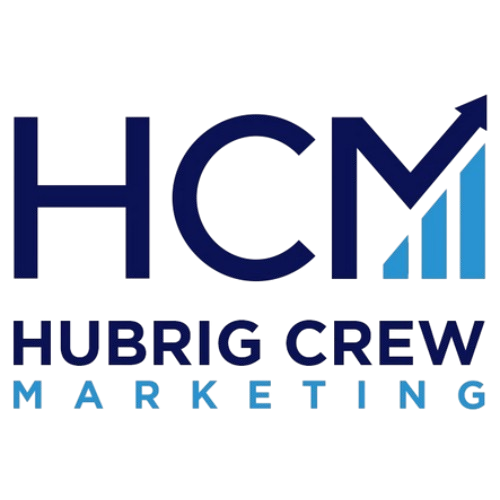The Importance of Online Presence
As of October 2024, there are 5.52 billion internet users globally, representing 67.5% of the world’s population. This ‘supermajority’ of internet users highlights the critical need for businesses to establish a strong online presence.
In today’s digital landscape, a robust online presence is not just beneficial but essential for business growth. The internet has become the primary avenue for consumers to research products and services before making purchasing decisions. In fact, according to a Salesforce survey, 85% of consumers conduct online research before buying.
“A strong digital presence opens doors to a wider audience and boosts engagement,” notes a marketing expert from Forbes. This engagement builds credibility and enhances visibility, which are key components for fostering trust and loyalty among consumers.
Moreover, with the rise of digital shopping, retailers must adapt to consumer preferences that have shifted significantly due to technological advancements and the pandemic. Embracing this digital shift is crucial for businesses aiming to thrive in an increasingly competitive market.
What is a Media Marketing Agency?
A media marketing agency is a specialized firm that helps businesses plan, buy, and manage advertising campaigns across multiple media platforms. Their main role is to maximize the impact of these campaigns to effectively reach the desired audience. By focusing on media planning, media buying, and campaign management, these agencies ensure a strategic approach to advertising.
Media marketing agencies offer a diverse range of services, as shown in the table below:
| Service | Description |
|---|---|
| Media Planning | Researching suitable platforms based on audience and objectives |
| Media Buying | Negotiating and purchasing ad space effectively |
| Campaign Management | Monitoring and optimizing campaign performance |
Unlike traditional marketing agencies, media marketing agencies focus extensively on above-the-line (ATL) media, including TV, radio, print, and digital channels. Their access to a vast network of media owners allows them to secure better rates and placements.
Consider the case of a retail brand that partnered with a media marketing agency. By leveraging targeted ads and strategic media placements, the brand saw a 30% increase in online traffic, demonstrating the effectiveness of these agencies in boosting online presence.
Tailored Marketing Strategies
In today’s competitive market, customized strategies are crucial for enhancing business growth and customer engagement. Personalization is more important than ever, with 71% of consumers expecting personalized experiences and 76% expressing frustration when those expectations aren’t met. This demonstrates that effective personalization can significantly boost revenue and customer satisfaction.
Developing a marketing strategy involves several key steps:
- Market Research: Understand your customers and market landscape to make informed decisions.
- Define Goals: Align marketing goals with business objectives to guide efforts.
- Identify Target Audience: Create detailed buyer personas to tailor messaging effectively.
- Develop Marketing Mix: Outline the four Ps: Product, Price, Place, and Promotion.
Real-world examples of successful strategies include MaisonCléo, which uses content and influencer marketing to foster trust and loyalty, and Red Bull, which capitalizes on sponsorships and high-profile events to reinforce brand identity.
By implementing tailored strategies, businesses can not only meet consumer expectations but also drive growth and establish long-term customer relationships. For those looking to enhance their online presence, consider exploring PPC management as part of your marketing strategy.
The Power of Engaging Content
In the realm of digital marketing, content acts as a cornerstone, much like a car needs an engine. It drives online strategies by attracting and retaining visitors, thus forming the backbone of successful marketing campaigns. As digital landscapes evolve, the role of content becomes even more crucial, providing businesses with long-term, affordable results.
Various types of content effectively engage audiences, ranging from captivating videos and informative blog posts to interactive infographics and podcasts. Each format offers unique ways to connect with potential customers, enhancing engagement and SEO performance. “Content isn’t just king; it’s the kingdom,” says renowned content marketing expert, Joe Pulizzi. This highlights content’s expansive influence over a brand’s digital presence.
High-quality content establishes brand authority by positioning a business as an industry expert. Consistent, engaging content fosters trust and builds a loyal community, turning visitors into advocates. By leveraging content that informs, entertains, and inspires, businesses not only enhance their visibility but also solidify their place as leaders in their field.
Social Media Marketing Essentials
Social media platforms like Facebook, Instagram, Twitter, LinkedIn, and TikTok boast billions of active users, making them essential for enhancing brand visibility. These platforms enable real-time interaction, fostering relationships and loyalty with a global audience. Successful campaigns, such as Coca-Cola’s “Share a Coke” and Nike’s “Dream Crazy,” illustrate the effectiveness of social media in driving engagement.
Identifying the right social media platforms is crucial. Align them with your business goals and target audience. Conducting a competitor analysis and leveraging industry trends can help pinpoint where your audience is most active. Understanding the type of content each platform favors ensures you create engaging material that resonates.
To boost engagement, set clear goals and tailor strategies to specific platforms. Techniques such as using interactive content, maintaining a consistent posting schedule, and leveraging platform algorithms can significantly enhance engagement rates. For businesses looking to expand their reach, exploring paid social strategies can also be a game-changer, amplifying visibility and fostering stronger connections with your audience.
Measuring Success and ROI
In the digital landscape, tracking marketing efforts is crucial for understanding profitability and optimizing strategies. By measuring the effectiveness of marketing initiatives, businesses can allocate budgets more effectively and make data-driven decisions. This is where tools like Google Analytics come into play, offering insights into customer behavior across platforms.
Google Analytics provides features such as customer-centric measurement and cross-platform attribution to help businesses understand user journeys. It seamlessly integrates with other Google solutions, allowing for enhanced marketing performance analysis.
Here’s a comparison of analytics tools:
| Tool | Key Features |
|---|---|
| Google Analytics | Cross-platform tracking, integration with Google Ads, machine learning insights |
| SEMRush | Keyword rankings, competitive analysis, traffic analysis |
| Polymer’s Auto Insights | Variable influence analysis, data segmentation |
Interpreting this data involves analyzing key metrics like ROI, conversion rates, and audience demographics. By understanding these factors, businesses can refine strategies, optimize campaigns, and ultimately drive growth and profitability. For more insights on enhancing your marketing efforts, visit Hubrig Crew Marketing.
FAQs About Media Marketing Agencies
Q: What are some common misconceptions about media marketing agencies?
A: One misconception is that media marketing agencies only focus on advertising. In reality, these agencies offer a broad range of services including content creation, social media management, and data analysis. Another myth is that hiring an agency is costly without yielding measurable returns. However, by tracking marketing efforts, businesses can identify high ROI channels and optimize budgets effectively.
Q: What questions do businesses often ask?
A: Businesses frequently ask about the effectiveness of media strategies and how agencies measure success. They also inquire about the specific platforms that should be targeted for their audience. Agencies use tools like Google Analytics to provide insights into these queries.
Q: Can you clarify the services and processes involved?
A: Media marketing agencies start by analyzing the business’s goals and target audience. They develop tailored strategies, execute campaigns, and track performance using comprehensive tools. Regular reports and data-driven insights ensure businesses are informed and strategies are continuously optimized to drive growth.
Conclusion
In today’s digital landscape, having a robust online presence is essential for business growth. A media marketing agency plays a pivotal role in crafting customized strategies that align with your business goals. By leveraging engaging content and effective social media marketing, they help enhance your brand’s visibility and authority.
Tracking your marketing efforts is crucial to understanding what works and what doesn’t. Tools like Google Analytics provide valuable insights, enabling data-driven decisions and optimization of campaigns. This approach ensures that your marketing budget is not only spent wisely but also yields tangible results.
Partnering with a media marketing agency offers numerous advantages. From providing expertise in content creation to driving better ROI through strategic marketing efforts, these agencies are instrumental in elevating your online presence. Consider an agency partnership to unlock your business’s full potential and stay ahead in the ever-evolving digital world.
Embrace the future of marketing by integrating the right strategies and tools, and watch your business thrive in the digital space.



